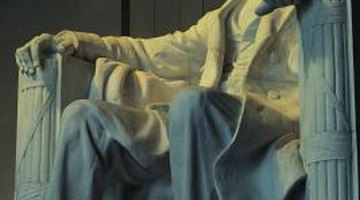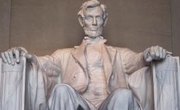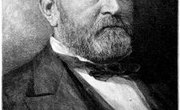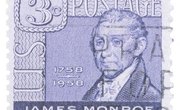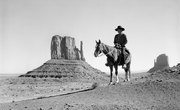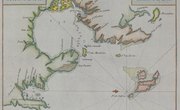The Wilmot Proviso was an addendum to the appropriations bill to fund the War with Mexico in 1846. Because the United States stood, and hoped, to gain a large amount of land by defeating Mexico, whether to extend slavery into the region became an issue. The Democratic Party was, at the time, the controlling power in the national government, but the slavery question caused concern for some Northern Democrats. It would be these politicians, along with Whigs and Free Soilers, who would found the Republican Party in 1854. The Wilmot Proviso, by forcing Democrats to debate slavery amongst themselves, helped spread the defection among anti-slavery Democrats into the new Republican coalition.
Democratic Party Dominance
For most of the mid-19th century, the Democratic Party dominated American politics on the national scene. Their rivals, the Whigs, provided little competition. From 1830 to 1860, the year Abraham Lincoln became the first Republican in the White House, there were Democratic Presidents all but eight years. The Democratic agenda was overtly pro-slavery, with its major base of supporters among the Southern slave owning class.
War with Mexico
Democrats pushed for the expansion of the nation, and the institution of slavery, into the Western frontier, then part of Mexico. The desire to inhabit the land from the Atlantic to the Pacific coast was, to many Democrats, a God-given right. This belief in America‘s “manifest destiny” to control the West helped propel the nation into war with Mexico.
David Wilmot
Not all Democrats supported the expansion of slavery. Some politicians, especially from the North, believed slavery should remain isolated in the South. David Wilmot, a Democrat from Pennsylvania, serving in the House of Representatives, proposed that all lands gained from Mexico during the war should exclude slavery. When Congress met to decide how much money to spend fighting the war, Wilmot attached his proviso, calling for the Western lands to remain free territory. The House of Representatives accepted the entire bill, including Wilmot’s Proviso, but the Senate refused the anti-slavery attachment, while approving $3 million for the war effort.
Republican Party Formed
The Wilmot Proviso fractured unity inside the Democratic Party. Slavery became increasingly a sectional issue, dividing Northern and Southern politicians. Anti-slavery sentiment was strong among Northern Democrats, Whigs and Free Soilers, who wanted the West to remain open to independent free laborers. Representatives of these groups met in July 1854 in Jackson, Michigan, to start a party to challenge the pro-slavery Democrats. They chose the name ''Republican'' in honor of the Jeffersonian Democratic-Republicans of an earlier time. The initial Republican platform called for Congress to ban slavery in the West.
Related Articles
References
- Grand Old Party: A History of the Republicans; Lewis L. Gould, Ph.D.
- The Transformation of the American Democratic Republic; Stephen M. Krason, Ph.D.
- Slavery in the United States: A Social, Political, and Historical Encyclopedia; Junius P. Rodriguez, Ph.D.
- The History of the Republican Party; Heather Lehr Wagner
- PBS: Republican Party
Resources
Writer Bio
David Kenneth has a Ph.D. in history. His work has been published in "The Journal of Southern History," "The Georgia Historical Quarterly," "The Southern Historian," "The Journal of Mississippi History" and "The Oxford University Companion to American Law." Kenneth has been working as a writer since 1999.

